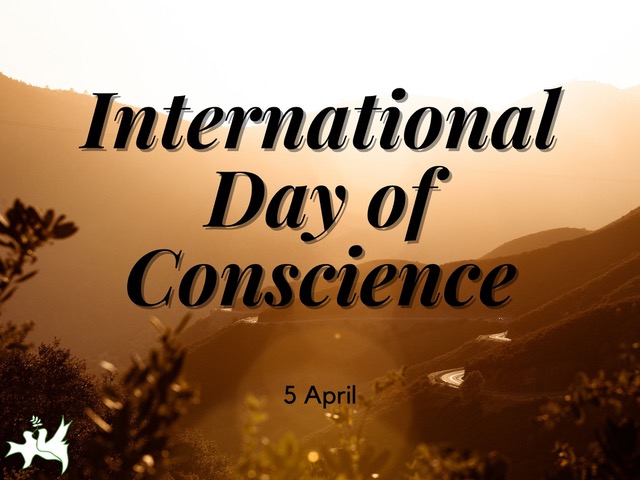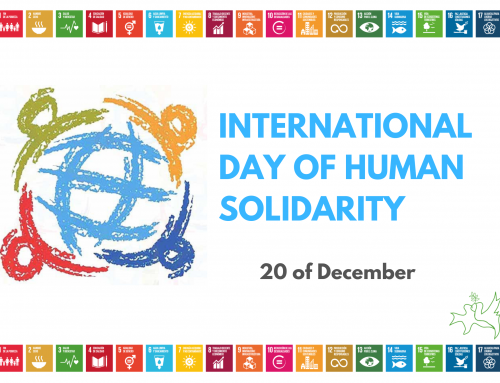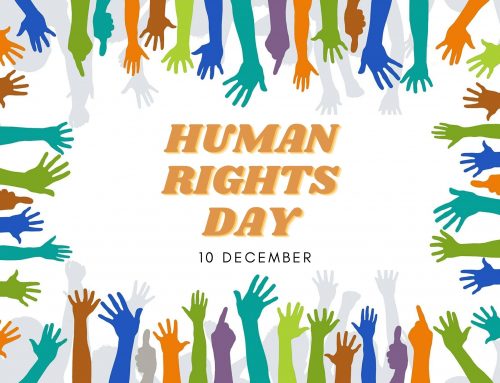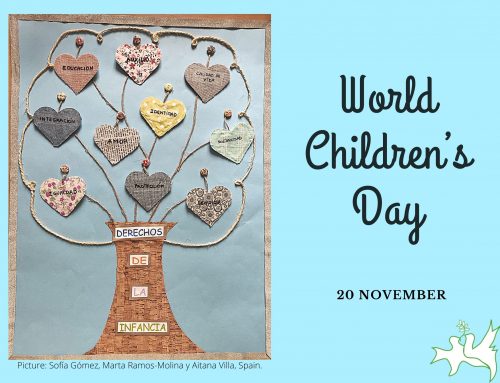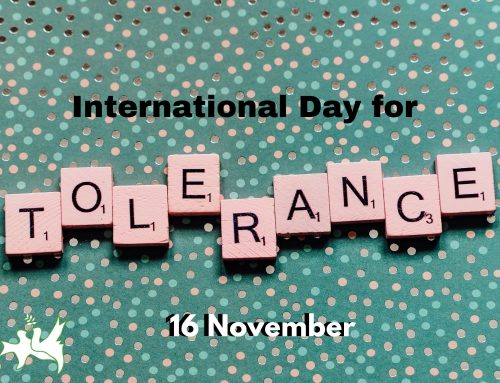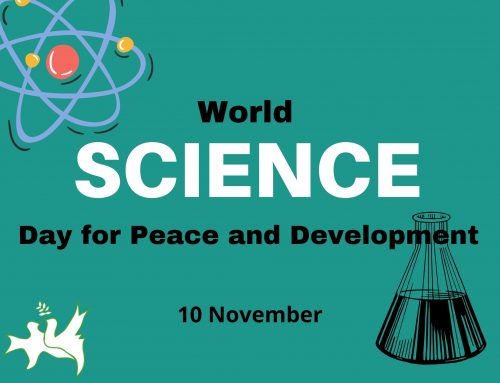Conscious of the need for the creation of conditions of stability and well-being and peaceful and friendly relations based on respect for human rights and fundamental freedoms for all without distinction as to race, sex, language or religion, the General Assembly declared 5 April the International Day of Conscience
The preamble to the Universal Declaration of Human Rights states that “disregard and contempt for human rights have resulted in barbarous acts which have outraged the conscience of humankind, and the advent of a world in which human beings shall enjoy freedom of speech and belief and freedom from fear and want has been proclaimed as the highest aspiration of the common people.” Moreover, article 1 of the Declaration states that “all human beings are born free and equal in dignity and rights and are endowed with reason and conscience and should act towards one another in a spirit of brotherhood.”
The General Assembly invited all Member States, organizations of the United Nations system and other international and regional organizations, as well as the private sector and civil society, including non-governmental organizations and individuals, to build the Culture of Peace with Love and Conscience in accordance with the culture and other appropriate circumstances or customs of their local, national and regional communities, including through quality education and public awareness-raising activities, thereby fostering sustainable development.

